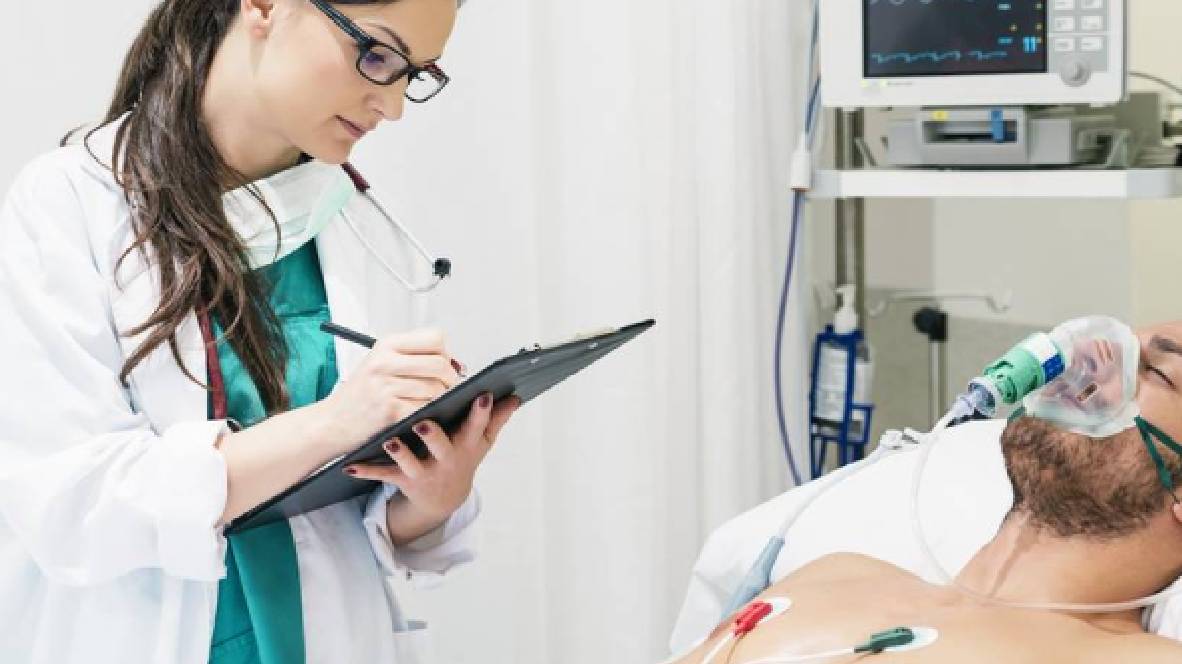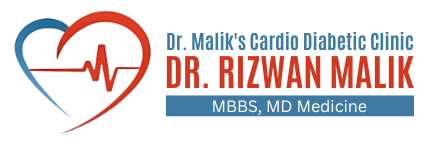Intensivist

Intensivists, also known as critical care physicians, are highly trained specialists who focus on the care of critically ill patients. They typically work in intensive care units (ICUs) and are responsible for managing complex medical conditions that require intensive monitoring and treatment.
Doctors can become intensivists through multiple routes, the most common of which include internal medicine, pulmonary medicine, surgery, anesthesia, and emergency medicine.
Typical Cases
- Severe Infections (Sepsis): A life-threatening response to infection causing tissue damage, organ failure, and death.
- Acute Respiratory Distress Syndrome (ARDS): Severe lung condition causing difficulty in breathing.
- Multi-Organ Failure: Simultaneous failure of multiple organs, requiring complex and intensive care.
- Post-Operative Care: High-risk surgeries needing intensive monitoring.
- Trauma: Severe physical injuries from accidents or violence.
- Cardiac Arrest: Sudden loss of heart function.
Symptoms and Management
- Sepsis: High fever, chills, rapid heart rate, rapid breathing, confusion, and low blood pressure. Managed with antibiotics, intravenous fluids, and medications to maintain blood pressure.
- ARDS: Severe shortness of breath, rapid breathing, low oxygen levels, and sometimes bluish skin. Managed with mechanical ventilation, oxygen therapy, and medications.
- Multi-Organ Failure: Symptoms vary depending on the organs affected, including low urine output, difficulty breathing, jaundice, and altered mental state. Managed with life support systems and medications.
- Post-Operative Care: Monitoring for signs of infection, pain management, and support for breathing and circulation as needed.
- Trauma: Symptoms vary widely; may include severe pain, bleeding, unconsciousness, and fractures. Managed with surgeries, blood transfusions, and intensive monitoring.
- Cardiac Arrest: Sudden collapse, no pulse, no breathing. Managed with immediate CPR, defibrillation, and advanced cardiac life support.
Responsibilities
- Patient Monitoring: Intensivists use advanced technology to continuously monitor vital signs, such as heart rate, blood pressure, oxygen levels, and respiratory rate.
- Life Support Management: They manage life-support systems, including mechanical ventilators, dialysis machines, and extracorporeal membrane oxygenation (ECMO).
- Complex Decision Making: Intensivists make rapid, complex decisions about patient care, often in high-stress situations.
- Multidisciplinary Coordination: They collaborate with surgeons, anesthesiologists, cardiologists, pulmonologists, and other specialists to provide comprehensive care.
- Family Communication: Intensivists communicate with families, providing updates on the patient’s condition and discussing treatment options and prognosis.
Conditions Treated
- Severe infections and sepsis
- Acute respiratory distress syndrome (ARDS)
- Multi-organ failure
- Post-operative care for high-risk surgeries
- Trauma and severe injuries
- Cardiac arrest and severe cardiac conditions
